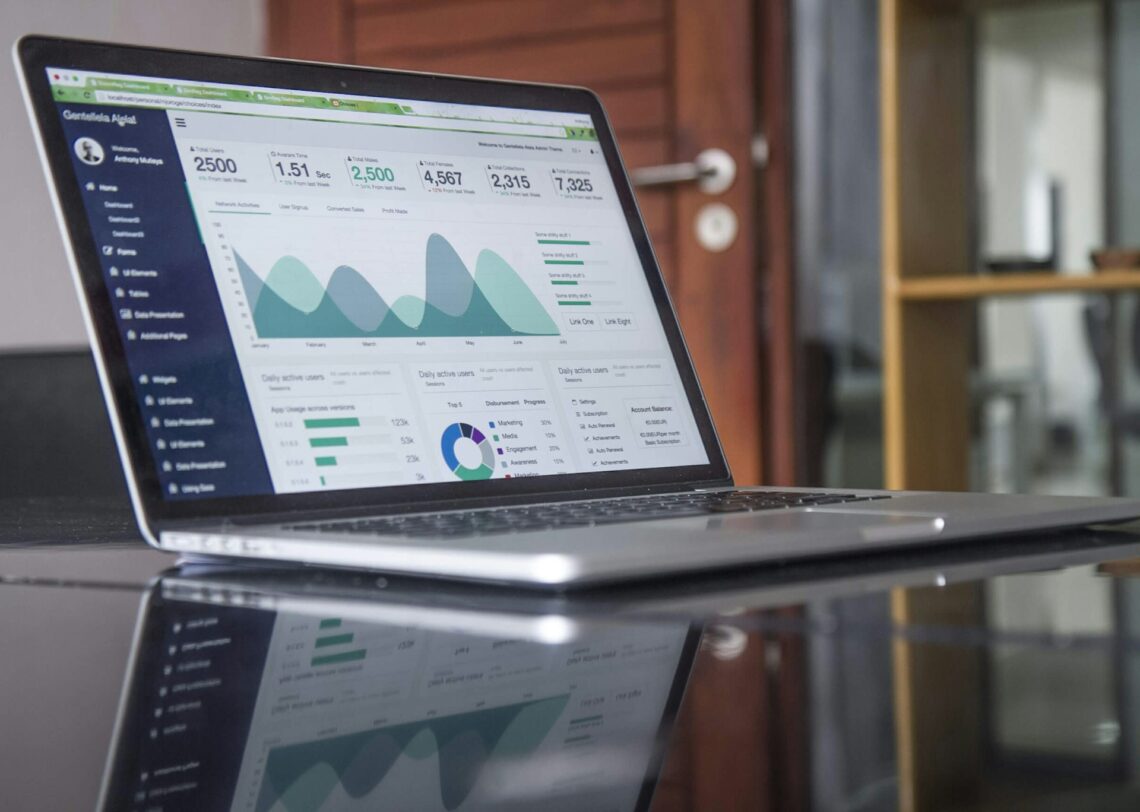
How to Protect Your Privacy in the Digital Age: Tips and Tricks for Staying Safe
In today’s digital world, the importance of protecting personal privacy cannot be overstated, even in specialized fields such as Motor Control Centers (MCC). As we navigate the vast online landscape, our digital footprints are tracked, collected, and sometimes exploited, leading to privacy concerns that affect everyone from the average internet user to the tech-savvy individual engaged in MCC operations.
This blog post aims to equip you with the knowledge and tools necessary to defend your privacy in the digital realm, offering a blend of tips and tricks that are both practical and effective in enhancing your digital safety.
Understanding the Digital Threat Landscape
The first step in protecting your privacy is understanding the threats you face. In the digital age, these threats come in various forms, including data breaches, phishing attacks, and excessive data collection by companies.
Each of these can compromise your personal information, leading to potential identity theft, financial loss, and a significant invasion of privacy.
Data breaches are becoming increasingly common, with major companies and websites falling victim to cyber-attacks that result in the loss of sensitive user information. Phishing scams, where malicious actors impersonate trustworthy entities to trick you into providing personal information, are similarly on the rise.
Additionally, the pervasive tracking and data collection practices of online services mean that your personal habits, preferences, and even your location can be constantly monitored, often without your explicit consent.
Empowering Yourself with Knowledge and Tools
To combat these threats, it’s essential to empower yourself with both knowledge and practical tools. Start by familiarizing yourself with the privacy settings of the online services and platforms you use. Many social media sites, for example, offer a range of privacy options that allow you to control who sees your information and how it’s used.
However, these settings can be complex and are often set to be more permissive by default, making it crucial for you to review and adjust them to suit your privacy preferences.
Another powerful tool in your privacy arsenal is the use of Virtual Private Networks (VPNs). VPNs encrypt your internet connection, making it difficult for third parties to track your online activities or intercept sensitive information.
This is particularly important when using public Wi-Fi networks, which are notoriously insecure and can be a hotbed for cybercriminal activity.
In addition to VPNs, consider using privacy-focused browsers and search engines that do not track your online behavior. Tools like Tor Browser and search engines such as DuckDuckGo prioritize user privacy and can significantly reduce your digital footprint.
Similarly, regularly updating your software and using strong, unique passwords for each of your online accounts can help protect you from cyber threats.
Practical Steps for Everyday Privacy
On a day-to-day basis, there are also numerous practical steps you can take to enhance your digital privacy. Be mindful of the information you share online, especially on social media. Even seemingly innocuous details can be pieced together to form a comprehensive picture of your identity, habits, and whereabouts.
Think critically about the permissions you grant to mobile apps and services, particularly those that request access to your location, contacts, or personal files.
Educating yourself about the latest phishing tactics and how to recognize suspicious emails and messages is another crucial step.
Many phishing attempts can be thwarted by simply being skeptical of unsolicited requests for personal information, regardless of how legitimate they may appear.
Finally, consider the benefits of using encrypted communication apps for messaging and calls. Encryption ensures that only the intended recipient can read your messages, protecting them from interception by third parties.
Navigating Legal and Policy Frameworks for Privacy Protection
Beyond personal vigilance and the use of technology to safeguard privacy, understanding and navigating the legal and policy frameworks that govern data privacy is crucial. In various jurisdictions around the world, legislation such as the General Data Protection Regulation (GDPR) in the European Union and the California Consumer Privacy Act (CCPA) in the United States offer rights and protections to consumers regarding their data.
These regulations compel companies to be more transparent about their data collection practices and allow individuals to have a say in how their information is used.
As a digital citizen, familiarizing yourself with these laws can empower you to exercise your rights. This might include requesting that companies disclose the information they hold about you or even asking them to delete your data entirely.
Many organizations are required to comply with these requests, giving you a degree of control over your personal information that was previously difficult to achieve.
Conclusion
Protecting your privacy in the digital age is an ongoing process that requires vigilance, knowledge, and the use of effective tools and practices, including those in specialized areas like MCC control systems. By taking control of your privacy settings, utilizing security-enhancing technologies like VPNs, and being cautious about the information you share online, you can significantly reduce your vulnerability to digital threats.
Remember, in the vast and ever-evolving digital landscape, staying informed and proactive is key to safeguarding your privacy.




